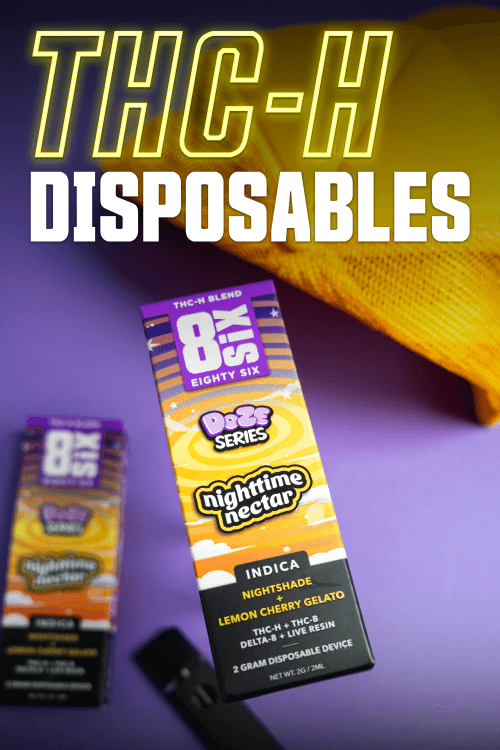Hemp-Derived CBD Explained
Ever wondered what CBD actually is and what it might be able to do for you?
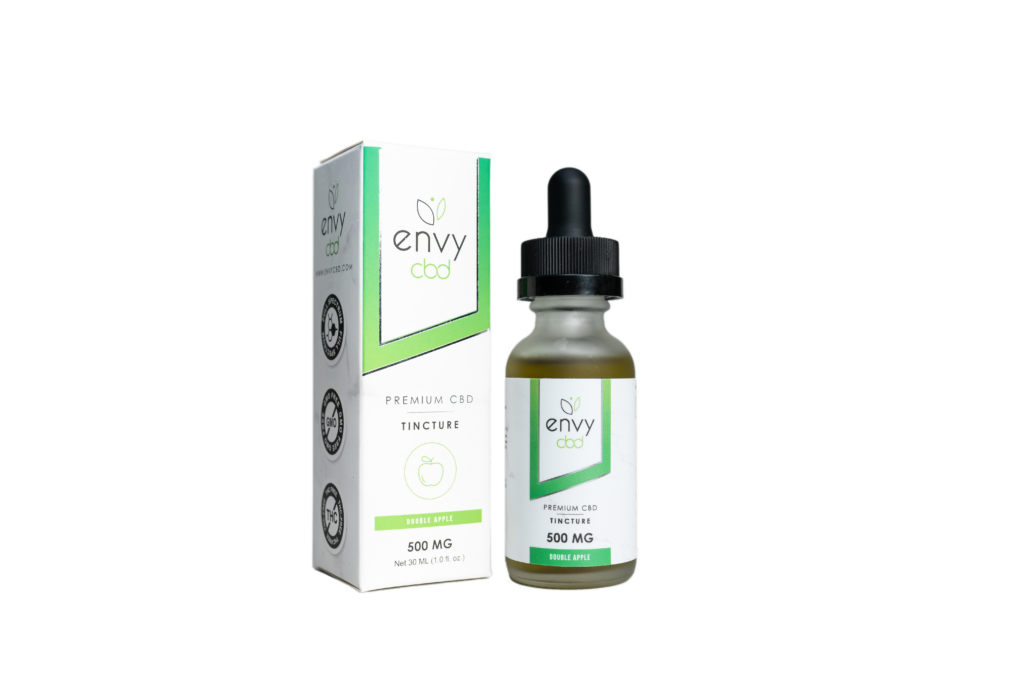
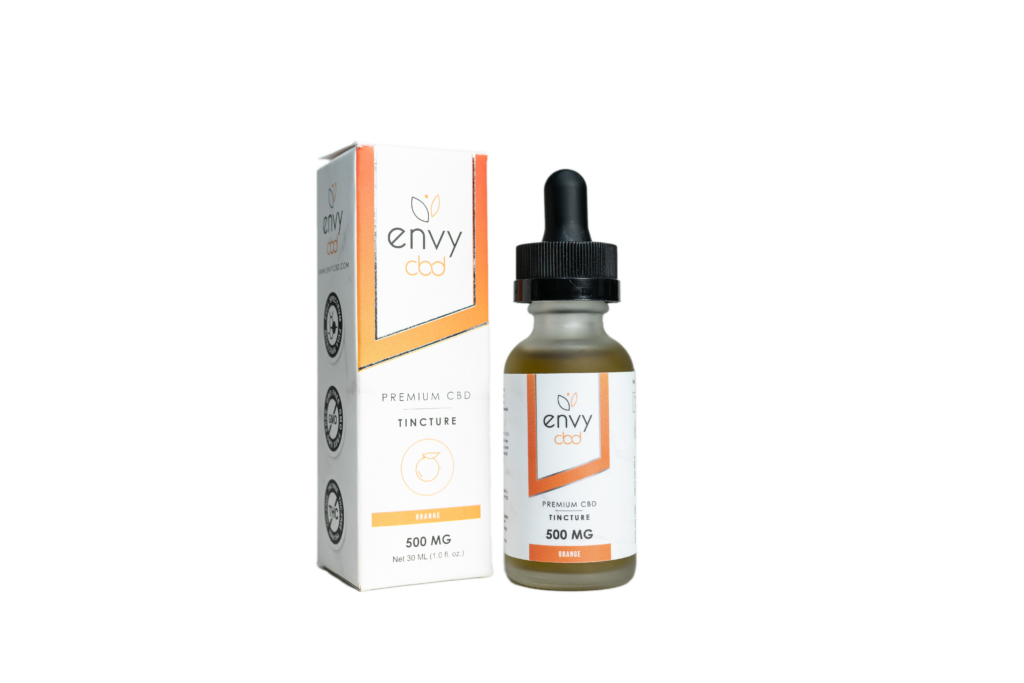
Let’s delve into the world of CBD so you can become a savvy and informed shopper.
What is CBD?
Cannabidiol, commonly known as CBD, is a naturally occurring chemical compound found in the cannabis plant. This compound belongs to a unique class of chemical compounds known as cannabinoids.
What are Cannabinoids?
Cannabinoids are a class of organic molecules that are present in both the botanical species cannabis and the internal biological system of humans. The two types of cannabinoids are called Phytocannabinoids and Endocannabinoids respectively.
Phytocannabinoids
Phytocannabinoids are botanical compounds that engage with the cannabinoid receptors which are present in the endocannabinoid system of your body. This intricate system oversees a multitude of physiological processes and functions critical for maintaining a state of equilibrium or homeostasis.
There are over 100 known phytocannabinoids in hemp and cannabis plants, with the most common include Delta-9 THC, CBD, CBG, CBN, CBC, and THCV.
Endocannabinoids
Naturally-occurring lipid-based neurotransmitters, known as endogenous cannabinoids or endocannabinoids, function as vital chemical messengers within the human body, transmitting signals between various nerve cells. These endocannabinoids help with various bodily functions and are often identified as either:
- Anandamide (AEA or arachidonoyl ethanolamide)
- 2-archidonoyl glyerol (2-AG)
Why Does CBD Do?
Despite their similar chemical makeup, THC and CBD have distinct molecular structures that contribute to their unique effects on the human brain. THC has a greater affinity for specific receptors in the brain, leading to the characteristic psychoactive experience associated with its consumption.
Conversely, CBD does not activate these same receptors and therefore has a different physiological impact on the body. Ergo, CBD is a non-psychoactive compound and does not produce that all-too-familiar high as other Eighty Six products can deliver.
What Does CBD Feel Like?
Numerous individuals and medical patients have attested to the numerous affirmative outcomes that arise from the consumption of CBD, such as a sense of tranquility and serenity. Nevertheless, the precise bodily experience one undergoes in response to CBD is subject to a range of variables, including the form of CBD product ingested, the quantity of CBD administered, and the state of one’s endocannabinoid system.
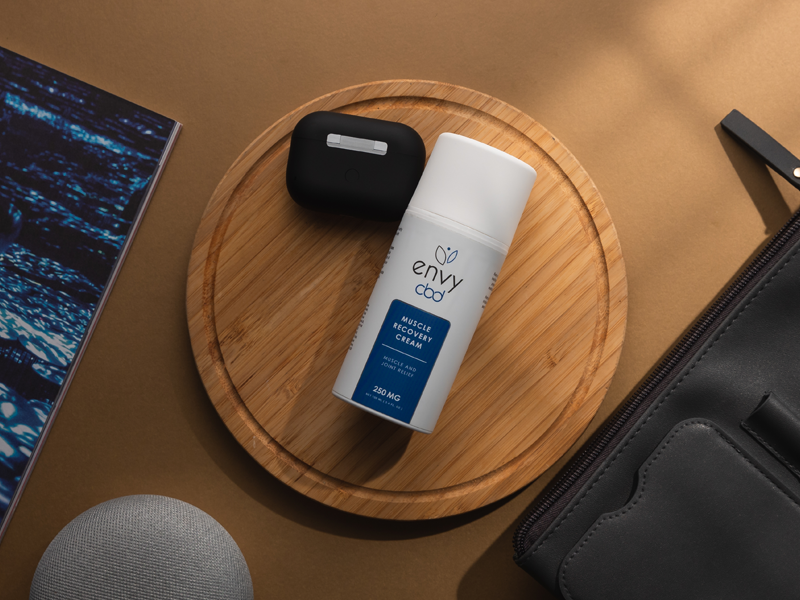
Depending on your unique use-case, different CBD products may prove more beneficial than others. For example, CBD Topicals are reported to provide localized relief on areas of your skin, while a CBD Tincture Oil could be better used to help manage symptoms related to anxiety.
Are There Health Benefits to CBD?
We’ll be honest here, we are neither medical professionals nor are trying to spit game with nothing to back it up. What we have heard, however, is CBD being known for its wellness benefits and for helping people manage a variety of discomforts. Here are some of the various discomforts people often use CBD for:
- Appetite Suppression
- Mood regulation related to anxiety & depression
- Inflammation
- Chronic, inflammatory, and/or neuropathic pain
- Post-Traumatic Stress Disorder (PTSD)
- Seizures
While this list is not an exhaustive one, there is significant anecdotal evidence suggesting CBD can be helpful in managing similar ailments. We’ll leave the research up to you and your doctor to discover.
The Difference Between Marijuana-Derived & Hemp-Derived CBD
If this is your first time dipping your feet into the world of feeling your best, it might seem overwhelming to know that you can take CBD oil under the tongue, eat it, and rub it on your skin. It can be even more of a whole thing to know that there is a difference between hemp-derived and cannabis-derived CBD oil.
Though the CBD molecular structure between cannabis-derived and hemp-derived varieties are identical, where that cannabinoid comes from determines its legality and to a certain degree, its effects.
Marijuana-derived CBD products are extracted from (naturally) marijuana strains, which inherently have higher concentrations of Delta-9 THC. You can expect to find these products in states that have an adult-use or medical marijuana program and are sold in dispensaries. Due to the fact that the CBD comes from such a THC-rich source, prepare yourself for the possibility of being high.
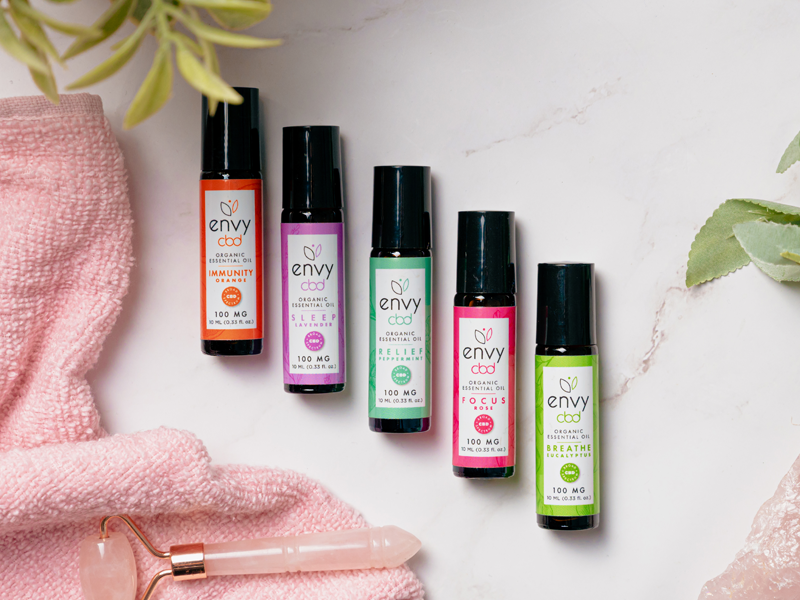
Hemp-derived CBD, on the other hand, come from industrial hemp plants which are typically grown for its fiber and seeds are federally legal under the 2018 Farm Bill.
Unlike the marijuana strains which have a higher concentration of THC, industrial hemp naturally possesses little to no THC, which prevents people from feeling the intoxicating effect.
Despite the whole schtick of CBD being a non-psychoactive alternative to feeling your best, discounting a psychoactive feeling altogether is often not advised due to something called the entourage effect. In a nutshell, the entourage effect is a demonstrated synergistic relationship that enhances the effect of a cannabinoid due to the presence of other cannabinoids. For example, if you were to consume CBD in tandem with traces of THC, it would work a lot better than if you would consume CBD by itself.
Does CBD Have Side Effects?
Despite CBD not producing a psychoactive high, there are some side effects to be aware of. According to a 2017 study published in the journal Cannabis and Cannabinoid Research concludes there were side effects reported by participants that consumed large doses of cannabidiol that included tiredness, diarrhea, changes in appetite or weight, and in even larger doses, CBD may even act as an immunosuppressive.
To be fair, all cannabinoids possess side effects like this. Simply put, if you consume too much, you would experience some discomfort, but, it will not kill you. The human body possesses its own degree of bioavailability, or the rate in which your body metabolizes compounds. Should the compound concentration exceed what your body can handle, you’ll simply filter it out.
How Does CBD Interact with Drugs?
Before we get into this topic, it is best to understand that due to the FDA not approving any CBD product out in the market except for Epidiolex for the sole purpose of epilepsy relief, one should not look at CBD as your end-all, be-all solution to all your ailments. Quite the contrary – CBD should be used in tandem with your doctor-approved wellness regimen. This all being said, there are a few known drugs that CBD may interact with for better or for worse.
CBD Amplifies Ibuprofen
Ibuprofen is an often over-the-counter nonsteroidal anti-inflammatory (NSAID) medicine that reduces pain and inflammation in the body. Two studies in 2006 and 2008 concluded that while CBD may work synergistically with ibuprofen, there is the risk that the cannabinoid can increase the duration and strength of the medicine.
CBD Increases the Side Effect Risks of Warfarin & Eliquis
Both Warfarin and Eliquis are anticoagulant (blood thinner) medications used to prevent the formation of harmful blood clots that cause heart attack and stroke. Its side effects include a heightened risk of severe bleeding, headaches, swelling and sudden pain in extremities. In a 2017 study, CBD was shown to slow down the rate in which the blood thinner medication is metabolized in the body, thus increasing the drug’s duration and the risk of side effects.
CBD Weakens the Efficacy of Clopidogrel
If you suffer from a higher risk of heart attack, chances are, you are prescribed Plavix or any other generic medication with Clopidogrel as the active ingredient. The drug works by blockibg blood platelets from forming clots in arteries near the heart. According to a 2011 study, it is possible that CBD inhibits CYP2C19 which is the enzyme that metabolizes the medication. This could cause Clopidogrel to remain in the body over a longer period of time with a weakened effect.
While this list is not exhaustive, it is advisable to consult with your physician prior to introducing yourself to CBD, or any cannabinoid for that matter.
Shop the CBD Series
-
Product on sale
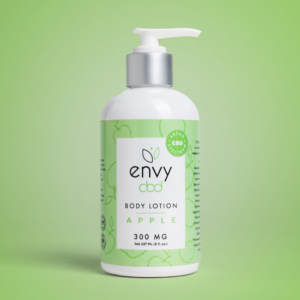 Envy CBD – Body Lotion 300MG Broad Spectrum CBD TopicalOriginal price was: $26.99.$20.99Current price is: $20.99.
Envy CBD – Body Lotion 300MG Broad Spectrum CBD TopicalOriginal price was: $26.99.$20.99Current price is: $20.99. -
Product on sale
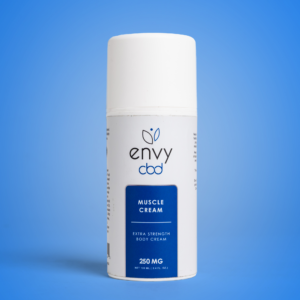 Envy CBD – Muscle Cream 250MG Broad Spectrum CBD TopicalOriginal price was: $36.99.$27.99Current price is: $27.99.
Envy CBD – Muscle Cream 250MG Broad Spectrum CBD TopicalOriginal price was: $36.99.$27.99Current price is: $27.99. -
Product on sale
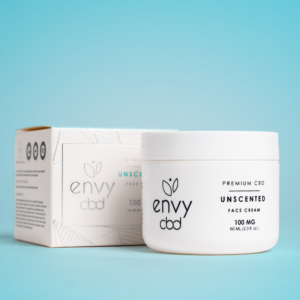 Envy CBD – Face Cream 100MG Broad Spectrum CBD TopicalOriginal price was: $44.99.$33.99Current price is: $33.99.
Envy CBD – Face Cream 100MG Broad Spectrum CBD TopicalOriginal price was: $44.99.$33.99Current price is: $33.99.
